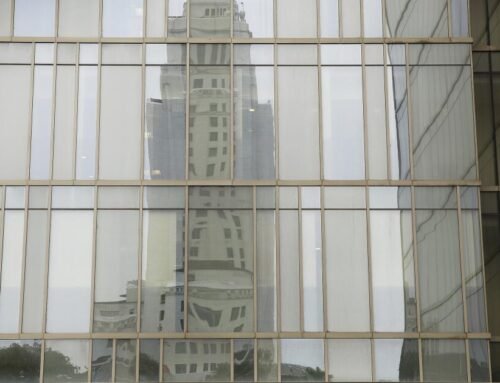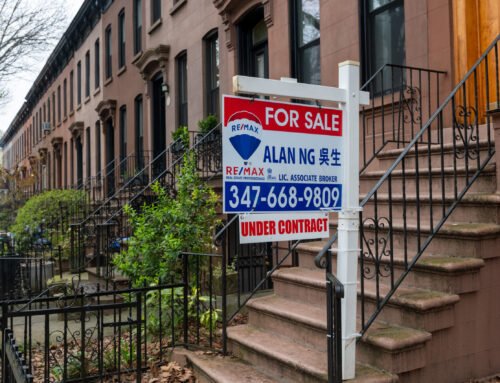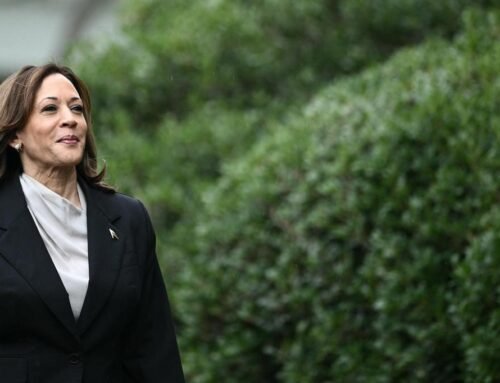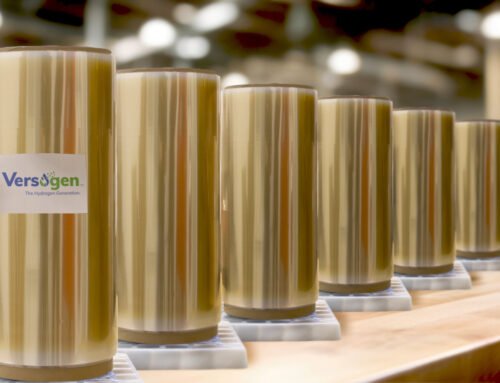Tuesday’s forecast for Shanghai is not terribly different from Los Angeles weather: sunny, low-70s, little chance of rain.
But even as the Lakers boarded a flight Monday morning bound for China, they knew they were about to fly into a storm.
Sunday’s news cycle was bombarded by reaction to a Friday tweet from Houston Rockets general manager Daryl Morey: “Fight For Freedom. Stand With Hong Kong.” The NBA is generally a league that is permissive about expressing personal views on social issues; the estimated hundreds of millions of NBA fans in China are apparently not. Subsequent fallout included Chinese businesses vowing to cut ties with the Rockets, former Houston star Yao Ming saying the Chinese Basketball Association would no longer work with them, and awkwardly worded statements from Rockets ownership and the NBA at large.
In the middle of the madness, the Lakers are flying to Shanghai and Shenzhen, two of the largest cities in the world for a pair of exhibition games with the Brooklyn Nets and a host of league events. What was initially planned as an innocent bit of diplomacy for a league that is extremely popular overseas could now have significantly higher stakes for both the Lakers and the NBA.
Outside of North America, it’s reasonable to say that China is by far the most important market for the NBA. The country of 1.4 billion people is basketball-crazed. According to numbers shared by the league: The CBA estimates that 300 million people play basketball at some level in the country. The NBA has had a dedicated office in China since 2008. Tencent, the league’s top media partner in China, estimates that nearly half a billion people watched NBA programming on their platforms – a figure that has tripled from the viewership just five years ago. It’s common to see Chinese-language reporters roaming locker rooms before and after games, and ESPN has a partnership with Tencent to get one-on-one postgame interviews with players as they walk off the court.
Many players understand the power of the Chinese market, and it’s common for players to tour Chinese cities for their shoe companies. LeBron James, for example, goes abroad virtually every summer.
“I’ve been able to go over there and I’ve always been welcomed with open arms,” he said last week. “They love the game of basketball. It started with Yao and Yi (Jianlian) and those guys over there. We want to make the game as popular as we can and show our appreciation by going overseas in China like we’re doing next week.”
While Chinese fans have a raucous following for both superstars and a handful of major franchises – of which the Lakers are definitely one – they showcase love for players at all levels. Lance Stephenson, who played for the Lakers last year before deciding to play in China this season, recently shared a video on Instagram of the doorman at his hotel mimicking his famous “air guitar” gesture.
Joe Young, who spent Summer League playing for the Lakers, played for Nanjing’s CBA team last season. When he first flew in, he remembers being greeted by hundreds – perhaps even a thousand – fans all bearing roses for him, a foreign player who went on to average 36 points per game for a franchise that hung around the bottom of the league standings. Toward the end of the season, Young didn’t like leaving his apartment for fear that he would be accosted in public by adoring fans.
“It’s just another level over there,” he said. “Those fans are crazy.”
But in light of the Morey incident, it seems that devotion has an uglier side to it: a hair-trigger for rebuking political discourse that puts China in an unfavorable light.
Morey’s tweet touched on a nerve that has been sensitive for months. Hong Kong is in the midst of protests of mainland China’s attempts to assert more control over the island that was a longtime British territory. A bill that would have allowed for extradition to mainland China sparked more than a million people to take to the streets in June to show their displeasure. Since, protesters and the Chinese government have had countless skirmishes, in which the New York Times estimated that some 2,000 canisters of tear canisters had been fired. Complicating the issue, many mainlanders feel that the legacy of Hong Kong is irrevocably tied to the country’s adversarial history with colonialism – Brooklyn Nets owner Joe Tsai tried to relate the context in a Facebook post on Sunday night.
Morey’s tweet was deleted shortly after it was issued, but it was out in the open for the world to notice. Rockets owner Tilman Fertitta quickly noted that Morey’s tweet didn’t represent the Rockets, insisting that the team is an apolitical organization. Morey himself issued a statement saying he did not mean to offend Chinese fans. The NBA followed up with a statement that both related that the league supports individuals “educating themselves and sharing their views,” but also called the incident “regrettable.” James Harden, the Rockets’ franchise star, apologized and added “We love China.”

Outside of the league, the clamor was even louder as several political leaders criticized the NBA for kowtowing to Chinese interests – Republican Senator Josh Hawley of Missouri even wrote an open letter to the NBA asking them to cancel the Lakers’ exhibitions there.
On other hot-button issues, the NBA has stood unconditionally behind its players’ ability to express political views. On his own, James has spoken in support of the Black Lives Matter movement, for gun legislation and against NCAA amateurism. Other politically outspoken NBA figures include coaches Gregg Popovich and Steve Kerr, who have been particularly critical of the White House. Political expression has now entered the fabric of the NBA, so it’s all the more evident when the league tiptoes around a statement such as Morey’s that threatens its standing in a lucrative market.
The conflict of economic interests and political motivations is a needle the league has managed to thread for more than a decade of its increased investment in the Chinese market. This moment is arguably the first serious threat to the harmony that the NBA and China have managed to maintain. The Lakers, who sport two enormously popular stars in James and Anthony Davis, have a chance to heal some of the damage done.
Still, the larger question is likely to linger: Was it reasonable in the first place for the NBA to expect to have it both ways? That might not be so easily resolved.






Leave A Comment